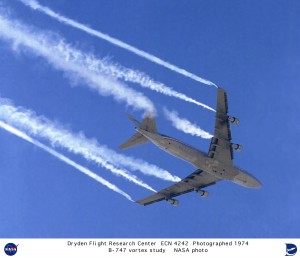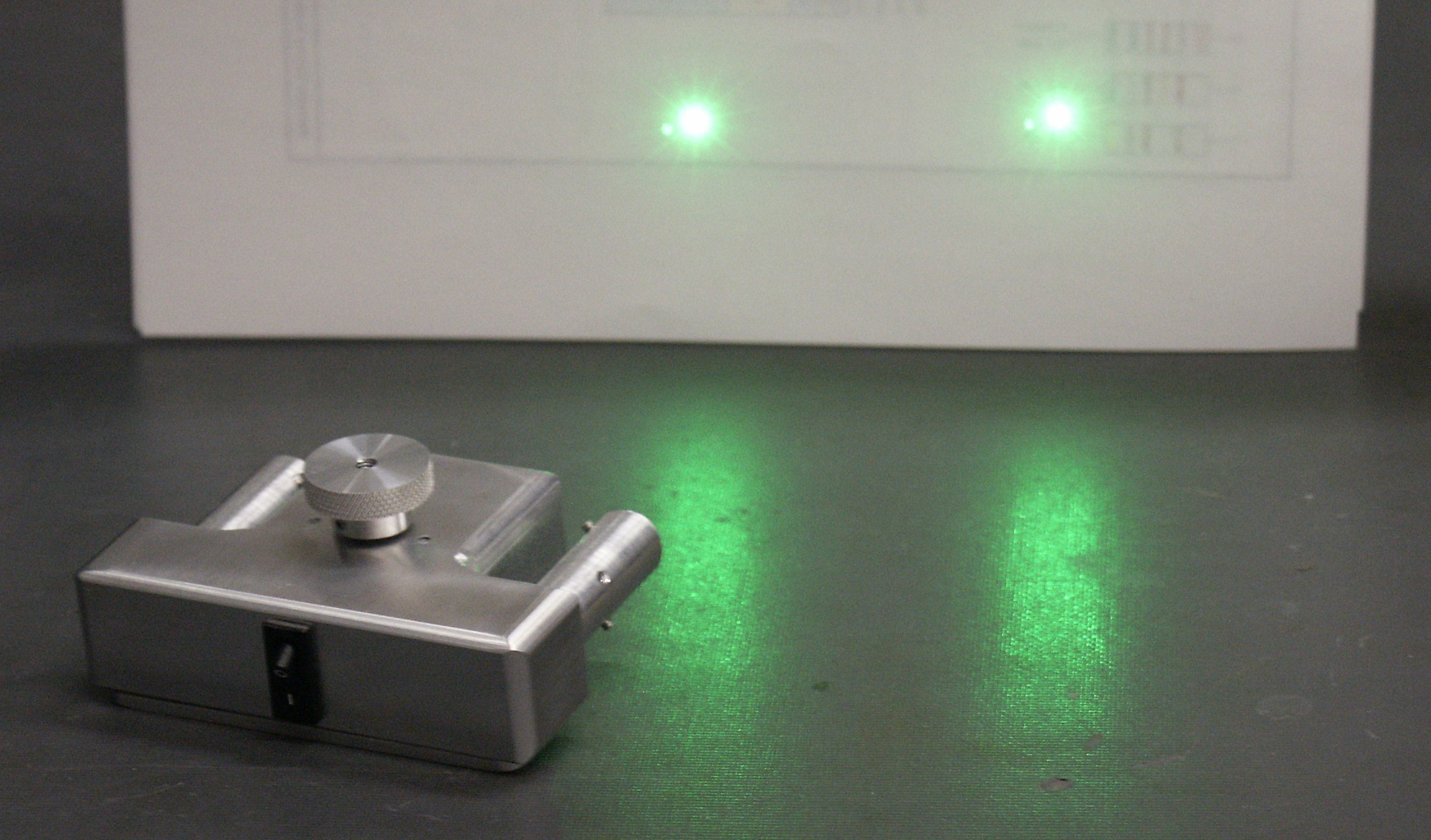
NASA in the News
NASA recently launched a Web site that contains survey responses collected from 25,762 air carrier pilots and 4,777 general aviation pilots as part of the NASA National Aviation Operational Monitoring Service (NAOMS) project, which ran from April 2001 through December 2004.  NASA funded NAOMS to investigate new methodologies that may be of use to the broader research community. The study itself focused on aviation safety, reaching out to pilots for their responses, which would remain anonymous, instead of relying on them to proactively proffer information via other channels, such as the Federal Aviation Administration’s Aviation Safety Action Program. NASA Administrator Michael Griffin commented, “Folks were looking to develop a methodology that would unearth precursor information, the kinds of data that, after an accident, one looks back and says, ‘Oh, I could have seen this coming.’ That is a goal in all fields of safety.” The redacted data, as well as initial methodology analysis and insight into the process of disaggregating the data, can be found online athttps://www.nasa.gov/news/reports/NAOMS.html.
NASA funded NAOMS to investigate new methodologies that may be of use to the broader research community. The study itself focused on aviation safety, reaching out to pilots for their responses, which would remain anonymous, instead of relying on them to proactively proffer information via other channels, such as the Federal Aviation Administration’s Aviation Safety Action Program. NASA Administrator Michael Griffin commented, “Folks were looking to develop a methodology that would unearth precursor information, the kinds of data that, after an accident, one looks back and says, ‘Oh, I could have seen this coming.’ That is a goal in all fields of safety.” The redacted data, as well as initial methodology analysis and insight into the process of disaggregating the data, can be found online athttps://www.nasa.gov/news/reports/NAOMS.html.
Get Involved in Space Exploration
Looking for ways to get your children or students involved in space exploration? NASA offers several opportunities for students from kindergarten through college to gain hands-on experience in the space program, including several competitions—from lunar plant growth to the annual Great Moonbuggy Race. To find out more about the ongoing competitions, seminars, and special programs, visit https://www.nasa.gov/audience/foreducators/index.html. There are also opportunities for professional or amateur astronomers, as well as the general public, to have a hand in NASA mission activities, such as the Cassini-Huygens Saturn Observation Campaign:http://soc.jpl.nasa.gov/index.cfm.
Web of Knowledge
The transfer, application, and commercialization of NASA-funded technology occur in many ways: knowledge sharing, technical assistance, intellectual property licensing, cooperative research and technology projects, and other forms of partnership. The NASA Innovative Partnerships Program (IPP) directs programs and initiatives to foster technology partnerships, commercialization, and innovation in support of NASA’s overall mission and national priorities. Their Web site includes links to other sites operated by NASA’s national network of programs, organizations, and services sponsored by and affiliated with the IPP at NASA Headquarters. These sites explore NASA technology and give access to opportunities for technology transfer, development, and collaboration with NASA.
For More on Our Stories
Additional information pertaining to articles featured in this issue can be found by visiting the following Web sites:
X PRIZE Foundation
Dawn Mission
https://www.nasa.gov/mission_pages/dawn/main/index.html
Maine Space Grant Consortium
Feedback
We welcome your comments on what you’ve read in this issue of ASK and your suggestions for articles you would like to see in future issues. Share your thoughts with us here.






